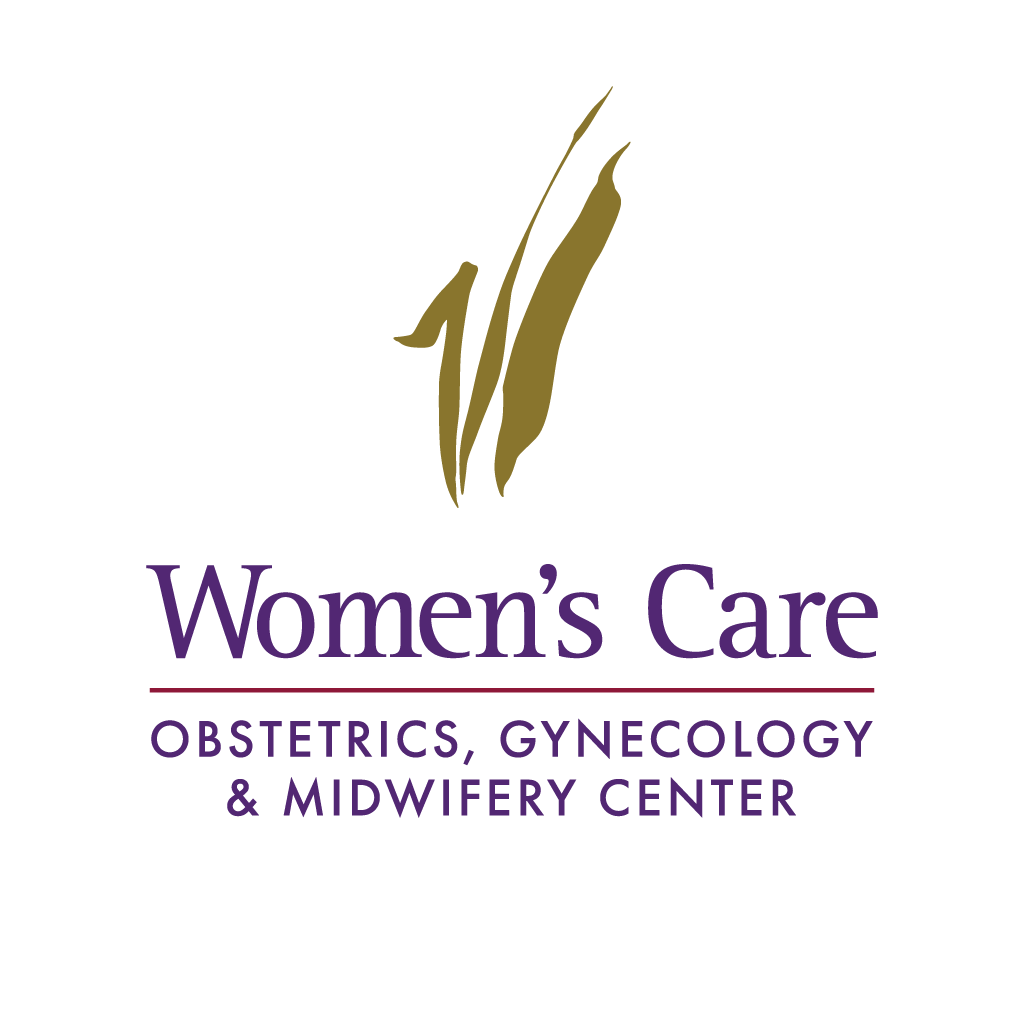Egg Freezing to Preserve Fertility: An Overview
What is Fertility?
In women, fertility is defined as the ability to get pregnant or conceive within one year of engaging in unprotected sexual intercourse. Infertility occurs when pregnancy or conception fails to occur within one year of engaging in unprotected sexual intercourse. In women over age 35, infertility is present if pregnancy does not occur within six months of engaging in unprotected sexual intercourse. In about 10 percent of cases, the causes of infertility cannot be identified. However, often times infertility in women is due to poor egg quality and freezing eggs is one option couples can pursue.
Why Does Fertility Decline in Women?
In general, fertility declines with age. After age 35 a woman’s egg quality and supply is, or becomes, significantly reduced. This decreases the possibility of her conceiving and carrying a healthy fetus to term. Egg quality and supply are also negatively affected by past injuries to the pelvic region, severe illness, and certain therapies that affect or target the pelvic region, such as radiation therapy and chemotherapy.
Can Women Maintain the Quality of Their Eggs to Ensure a Healthy Fetus and Pregnancy?
For the reasons above and other personal reasons, such as a desire to have children later in life, some women consider or decide to undergo a procedure to extract and preserve their eggs. Eggs can be preserved using a deep-freezing storage technique (storage at a freezing temperature of -196 degrees Celsius), which can preserve the integrity of healthy eggs for long periods of time. This technique is called “egg cryopreservation” or egg freezing. Egg freezing is an elective storage procedure that helps women increase their chances of conceiving and carrying a healthy fetus at a time that is right for them.
Is Egg Freezing Safe? What are the Risks?
Egg freezing is generally considered safe for both the mother and fetus. Before the year 2012, egg freezing was merely an experimental procedure. In most states, the procedure has become part of standard medical practice. In 2013, medical guidelines were established to encourage medical providers to remain vigilant about the safety and risks associated with egg freezing. Ovarian hyperstimulation syndrome is a medical risk associated with egg freezing, which results from ovarian stimulation prior to egg extraction.
When a woman who has successfully frozen eggs decides to try to become pregnant, she will undergo two commonly safe procedures: in vitro fertilization (IVF) and embryo transfer. During these procedures, male sperm fertilizes the previously frozen egg in a laboratory. The resulting embryo is transferred or placed into the woman’s uterus through her cervix at a specific point in her menstrual cycle.
How Can I Learn More?
Additional information about the risks and benefits associated with egg freezing can be found here. If you would like to find out if egg freezing is right for you or to become a patient, please learn more on The Fertility Center of Oregon website. Call or visit us to schedule an appointment.
